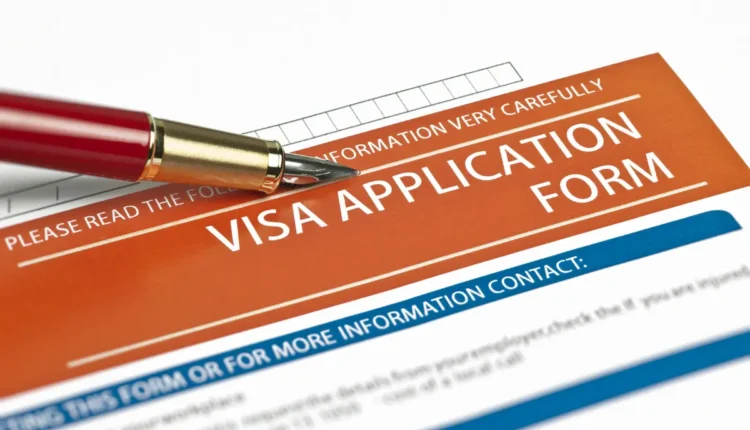H-1B Visa Program Reforms: 5 Major Changes
H-1B Visa Program Undergoes Transformative Changes
The H-1B visa program, a cornerstone of American immigration, is on the brink of transformation. The Biden administration’s proposed changes are set to reshape the landscape for skilled professionals, international students, and entrepreneurs.
No More Multiple Entries for H-1B Visa
One of the most groundbreaking changes in the H-1B visa program revolves around eliminating multiple entries by employers on behalf of the same employee. In 2023, more than half of the approximately 800,000 H-1B registrations were duplicates, artificially inflating the odds for some applicants.
To address this, an employee can only be registered once, and employers must now provide passport information for each employee. This pivotal move ensures that the United States Citizenship and Immigration Services (USCIS) can maintain a fair and equitable selection process. Any attempts to bypass this rule will result in denials or revocations.
No Need For “Employer-Employee” Relationship
The longstanding “employer-employee” relationship requirement, introduced in 2010, has been a significant roadblock for entrepreneurs seeking H-1B visas for their own companies. The new rule abolishes this requirement, simplifying the path for business owners to leverage the H-1B program for growth, even if they possess more than 50% ownership of the company.
Job Offer Can Be Remote
In a nod to the post-pandemic world, the Department of Homeland Security (DHS) recognizes that a legitimate job offer can now encompass telework, remote work, or other off-site work within the United States. This change harmonizes with the widespread adoption of remote work arrangements.
Automatic “Cap-Gap” Extension
An immense victory for international students is the extension of the “cap-gap” provision. Under the prior system, F-1 Optional Practical Training (OPT) could only be extended until October 1st. However, with the proposed rule, students can extend it until April 1st of the following year or until they secure their H-1B visa, whichever comes first.
Increased Site Visits
In a bid to combat fraud, particularly in the IT consulting sector, USCIS will conduct more frequent and stringent site visits. Inspectors may arrive unannounced, interview officials, scrutinize records, and converse with employees. These measures aim to guarantee that employers adhere to the H-1B visa program requirements.
Stricter Definition Of “Specialty Occupation”
Another striking change is the rigorous definition of a “speciality occupation.” Under the new rule, there must be a direct correlation between the required degree field and the position’s duties. This change might lead to more Requests for Evidence (RFEs) and denials for deserving candidates.
Public Comment Period
It’s essential to recognize that the proposed changes to the H-1B program are not finalized. The Department of Homeland Security has initiated a “public comment period” running until December 22, 2023, enabling individuals to provide feedback and input. This presents a unique opportunity for immigrants, employers, and other stakeholders to help shape the final regulations.
The H-1B visa program is undergoing a profound transformation, adapting to the evolving needs of the American workforce. While some changes may invite scrutiny, they also address long-standing issues and offer new opportunities for entrepreneurs, students, and skilled professionals.
Also Read : Sri Lanka approves free visa scheme for India, China, Russia

